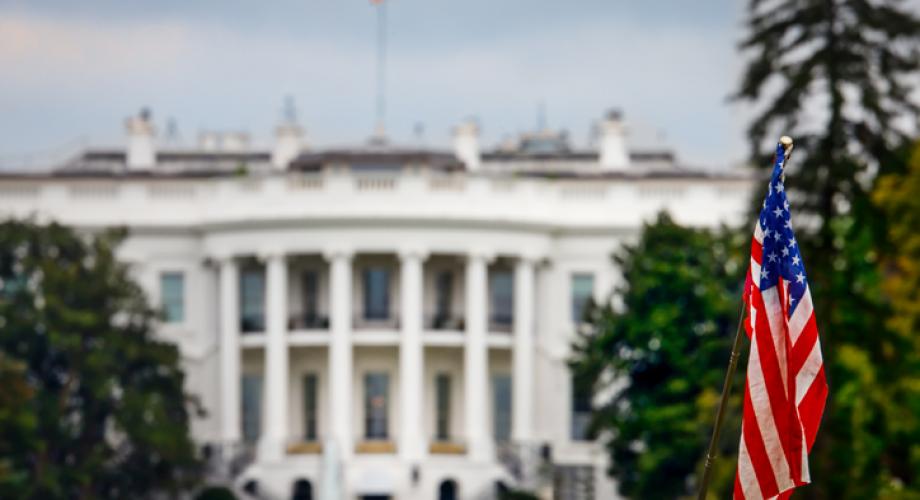WASHINGTON, D.C. — Statement from the National Apartment Association (NAA) and National Multifamily Housing Council (NMHC) on the announcement of President Trump’s Executive Order creating a White House Council on Eliminating Regulatory Barriers to Affordable Housing.
NAA and NMHC applaud the Administration for its focus on housing affordability – a critical issue facing millions of Americans nationwide. Communities across the country are facing a housing affordability crisis. Rising costs, labor shortages and growing demand are all resulting in decreased housing supply. According to a study conducted by Hoyt Advisory Services, between 2017 and 2030 the U.S. will need to build at least 4.6 million new apartments just to meet current demand. Unfortunately, too many municipalities throughout the nation are reacting to the crisis by adopting new regulations and considering misdirected proposals like rent control.
Unnecessary and burdensome regulations often prevent the development of new housing. The White House referenced NMHC and NAHB’s recent cost of regulations research when providing information on the Executive Order, which found that 32 percent of multifamily development costs are attributable to local, state and federal regulations. In a quarter of cases, that number can reach as high as 42.6 percent.
NAA and NMHC have long-been focused on dealing with housing affordability. The recently released NMHC Housing Affordability Toolkit highlights tools designed to guide discussions regarding specific housing affordability policies, tools, and incentives.
“We must address the regulatory barriers and costs associated with creating housing that is affordable,” said Doug Bibby, President of NMHC. “Dealing with this crisis will take a partnership between all levels of government and the private sector. Working together, we can make real progress towards reducing the housing burdens so many families face.”
“The National Apartment Association welcomes the signing of the Executive Order, which recognizes the issues at the core of the housing affordability crisis in America. NAA recently expanded research on this topic with our Barriers to Apartment Construction Index. These barriers, such as density restrictions, onerous zoning and permitting processes, parking requirements and NIMBY opposition obstruct our industry’s ability to bolster the housing supply. We look forward to working with the Council, the Administration, and stakeholders at every level of government to help end the affordability crisis,” said Robert Pinnegar, CAE, President and CEO of NAA.
NMHC Executive Committee Member, Up For Growth Coalition Board Chairman and multifamily industry representative, Clyde Holland, joined President Trump today as he signed an Executive Order creating a White House Council that will look into approaches to reduce the regulatory burdens that drive up housing costs and worsen affordability challenges.
“As a longtime builder of multifamily housing, I look forward to working with the President and the council to find ways to address the nation’s massive shortage of housing,’’ Holland said. “This effort aligns perfectly with Up for Growth Action’s mission to improve the quality of life for working families and individuals by promoting more housing close to jobs, efficient transportation, and in high opportunity neighborhoods.”
NAA and NMHC look forward to continuing to work with the White House to promote constructive solutions to the housing affordability crisis.
For more than 25 years, the National Apartment Association (NAA) and National Multifamily Housing Council (NMHC) have partnered on behalf of America’s apartment industry. Drawing on the knowledge and policy expertise of staff in Washington, D.C., as well as the advocacy power of over 150 NAA state and local affiliated associations, NAA and NMHC provide a single voice for developers, owners and operators of rental housing industry. Apartments and their 39 million residents support more than 12 million jobs and contribute $1.3 trillion to the economy.
